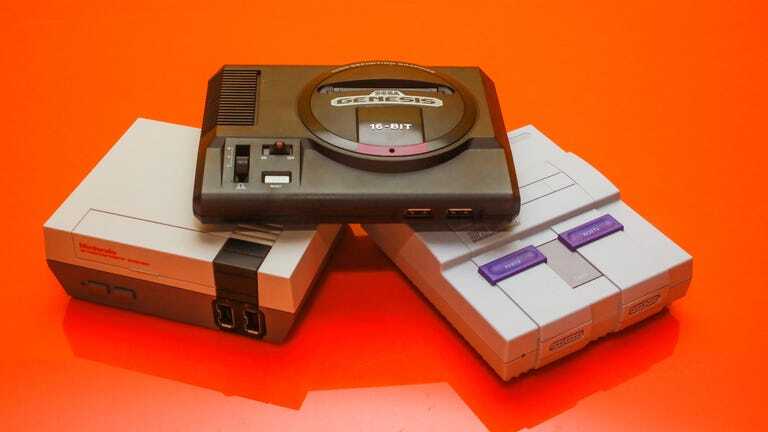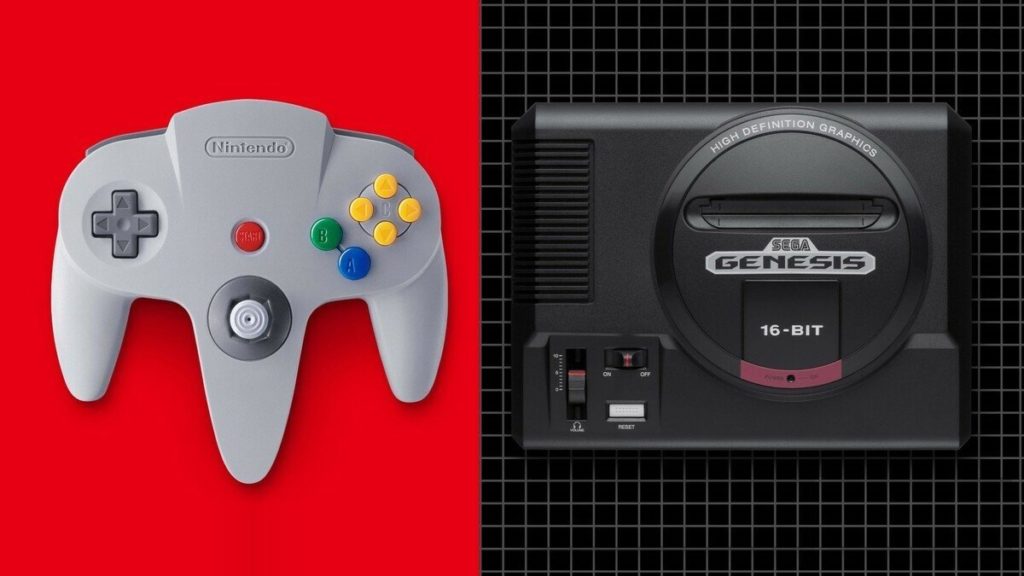
As the wave of the famous Nintendo-SEGA rivalry of the 90s crested, not everything was rosy behind the scenes at both companies. Both companies, especially SEGA, thrived in the early years of the decade. But declining 16-bit software sales prompted both to make confusing and ill-fated hardware decisions. It got so bad that at some point, both companies feared another video game crash.
That ultimately didn’t happen, but we do have some new insights into the company’s mindsets during the trying time. A newly-translated article from 1996, taken from Japanese newspaper Nikkei Sangyo Shimbun, reveals how SEGA and Nintendo executives felt in the turbulent, unstable video game industry. Then-executive vice president of SEGA Shunichi Nakamura stated:
Through large-scale mass production, SEGA has been able to reduce the manufacturing costs of its 16-bit console to the point where we aren’t losing money on production. However, we can’t earn a profit because the software—the most essential part—is just not selling.
Shunichi Nakamura, former executive vice president for SEGA

SEGA, Nintendo, and a potential video game crash
The newspaper interviewed several video game industry professionals on the state of the market. Many were not positive about contemporary trends, highlighted by several misguided console decisions. One even commented that it felt like the Atari shock all over again. (That’s Japan’s name for the 1983 video game crash.)
SEGA’S rush to push the Saturn to market was once such decision, and software sales were not helping. “It’s true that 16-bit consoles sold quite well and we were able to sell off a good portion of our inventory,” said Nakumura. “But the games did not sell at all.”
Nintendo’s then-president Hiroshi Yamauchi was very candid in his thoughts. “The market has been flooded with low-quality software,” he told the newspaper. Nintendo executives often held the opinion that creating quality software would appeal more to gamers. However, that didn’t stop the company from making its own questionable hardware decisions such as the doomed Virtual Boy.
You can read the full article here, courtesy of Mega Drive Shock.
Via Nintendo Life.

